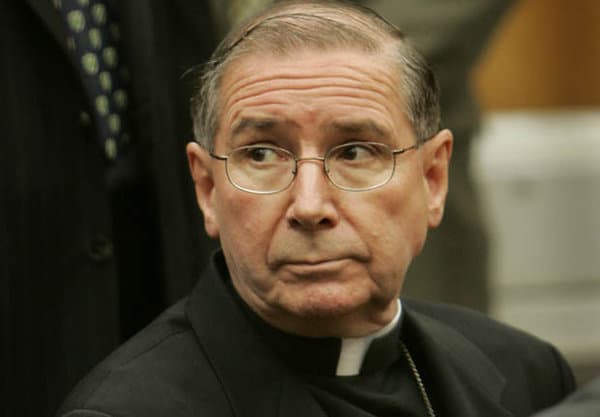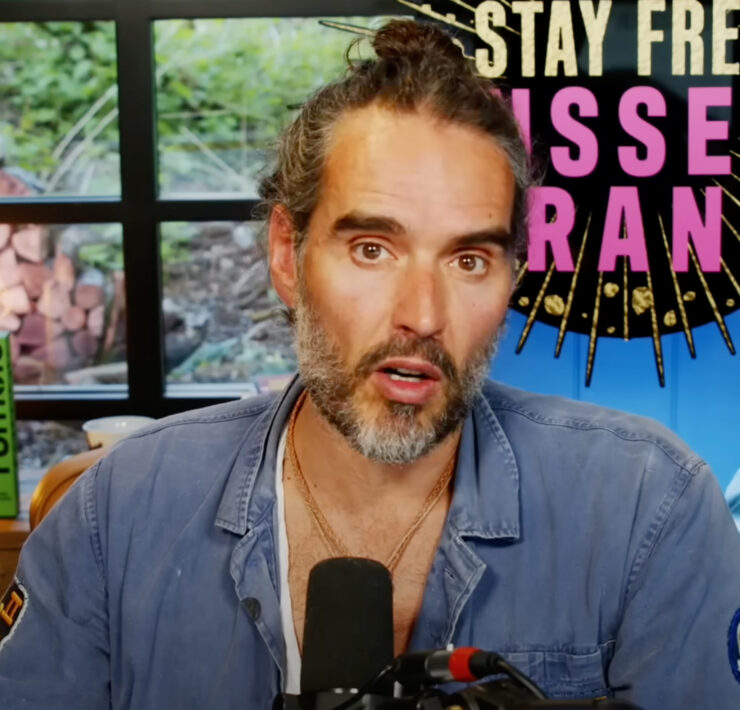
If Lance Armstrong anticipated a public outpouring of support and affection after his televised mea culpas, he misjudged both the media and his fan base. The critical and cynical responses reinforced what many of us believe to be true: The cost of confessing outweighs the benefits.
Despite last week’s shredding of the seven-time Tour de France winner, and regardless of our personal misgivings, Scripture unequivocally admonishes us to admit our failures to each other. However, in my 20 years of pastoring, folks rarely sprint to the confessional.
During the early days of our church, my husband and I kicked off a mini-retreat with a teaching on confession. Following the talk, we joined a prayer team around the perimeter of the space and invited folks to confess their sins. The first woman who approached me shrugged her shoulders apologetically as she said, “I don’t have anything to confess.” I looked at her quizzically and almost asked, “So, did you stop at the Catholic parish on the way over?” Since this was the first time our church broached the topic, I decided to cut her slack rather than assume she was lying.
Unlike my church friend, if I have been awake for more than 10 minutes, I can find something to confess. The words of 1 John 1:8 have always been very resonant for me; “If we claim we have no sin, we are only fooling ourselves and not living in the truth.”
The apostle Paul corroborates my experience with sin in his letter to the Romans: “All have sinned and fall short of the glory of God” (Romans 3:23). When he writes “all,” I actually think he means all. We gorge when life calls for moderation. We work compulsively when we could rest. We silence those who disagree when we could draw them out. We curse when we should bless. God gets this, which is why He sent Jesus. By confessing our sins, we acknowledge that we are fallen and need what our Savior offers.
Much like Mr. Armstrong, we prefer to push off from this reality, choosing instead to fabricate a false self rather than reveal our struggles and failures. This is due, in part, to our culture—both secular and Christian—which has trained us to value the appearance of health and wholeness over and above the real deal.
However, we can’t assign all the blame to contemporary culture, since the impulse to hide pre-dates the 21st century by several millenniums. After Adam and Eve disobeyed God, their first instinct was to camouflage themselves in the hope that He would not see them. Sound familiar? It should; we’ve been doing it ever since—and it rarely works any better for us than it did for them.
This impulse to hide after blowing it has its roots in shame—a prevailing feeling of badness that convinces us we won’t be loved or accepted if others actually see our reality. In our desire to buffer ourselves from shame, we lie, we posture, we win acclaim dishonestly or, like Armstrong, all of the above.
By regularly “confessing our sins one to another” (James 5:16), we can be free from these default behaviors. God instituted confession to break the power of shame and sin. When we sin—in thought, action or inaction—those shameful feelings are meant to get our attention and propel us back to God so that we might receive His forgiveness and grace, primarily through the “effective prayer” of the one hearing our confession.
Such intentional humiliation of the self is radically counterintuitive. We fear that once someone understands how weak, how undisciplined, how unspiritual we actually are, they will abandon or ridicule us. But in reality, I have found the opposite to be true.
Years ago, I found myself thinking too much about a man who was not my husband. I foolishly believed I could handle the temptations by turning to God alone. As one who ministers primarily through relationships, I imagined a loss of credibility if others knew of my crush. Yet after several weeks trying to extinguish the feelings on my own, I was still unsuccessful. I decided, though not an easy decision, to confess to a few friends. Rather than dismiss me as a fraud, they extended forgiveness and prayed for me. Within a few days, I was free. Telling the truth did what nothing else could.
The blessings of confession are multi-dimensional. Instead of the rejection we anticipate, we are finally able to receive authentic love because the one who heard our confession is loving us for who we truly are, rather than the facade we put forth. Additionally, whenever I risk telling the truth, it has typically inspired and empowered others to do the same.
As a word of caution, we need to exercise discernment about how, and to whom, we confess. I have wondered, as have others, if Lance unwittingly invited criticism by opting to disclose for pay before millions of viewers. The under-40 generation is particularly adept at sniffing out hypocrisy. We must not mistake sensational, public revelations for true, repentant confession. The goal is a changed heart—not a media-buzzed story.
According to Proverbs 28:13, “People who conceal their sins will not prosper, but if they confess and turn from them, they will receive mercy.”
All of us, Lance Armstrong included, desperately need this mercy as we endeavor to follow Jesus in the company of others.























